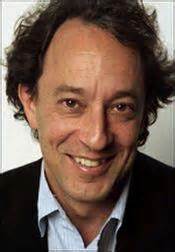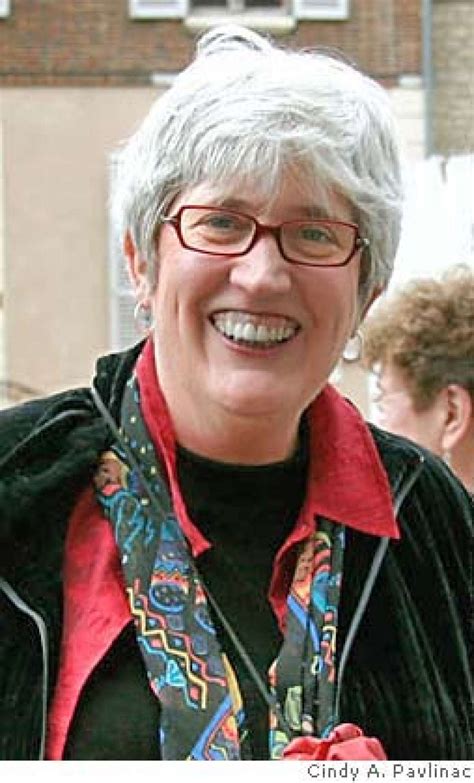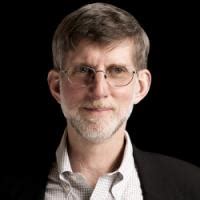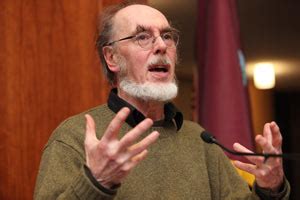A Quote by Terry Tempest Williams
I think about the poet Rainer Maria Rilke who said that it's the questions that move us, not the answers. As a writer, I believe that it's our task, our responsibility, to hold the mirror up to social injustices that we see and to create a prayer of beauty. The questions serve us in that capacity.
Related Quotes
Others of us are lost. We're forever seeking. We torture ourselves with philosophies and ache to see the world. We question everything, even our own existence. We ask a lifetime of questions and are never satisfied with the answers because we don't recognize anyone as an authority to give them. We see life and the world as an enormous puzzle that we might never understand, that our questions might go unanswered until the day we die, almost never occurs to us. And when it does, it fills us with dread.
Forgiveness is the only way to break the cycle of blame-and pain-in a relationship...It does not settle all questions of blame and justice and fairness...But it does allow relationships to start over. In that way, said Solzhenitsyn, we differ from all animals. It is not our capacity to think that makes us different, but our capacity to repent, and to forgive.
True friends see who we really are, hear our words and the feelings behind them, hold us in the safe harbor of their embrace, and accept us as we are. Good friends mirror our best back to us, forgive us our worst, and believe we will evolve into wise, wacky, and wonderful old people. Dear friends give us their undivided attention, encourage us to laugh, and entice us into silliness. And we do the same for them. A true friend gives us the courage to be ourselves because he or she is with us always and in all ways. In the safety of such friendships, our hearts can fully open.
One form of prayer moves us particularly to take up the task of evangelization and to seek the good of others: it is the prayer of intercession. Let us peer for a moment into the heart of Saint Paul, to see what his prayer was like. It was full of people: "...I constantly pray with you in every one of my prayers for all of you... because I hold you in my heart" (Phil 1:4, 7). Here we see that intercessory prayer does not divert us from true contemplation, since authentic contemplation always has a place for others.
I read once, which I loved so much, that this great physicist who won a Nobel Prize said that every day when he got home, his dad asked him not what he learned in school but his dad said, 'Did you ask any great questions today?' And I always thought, what a beautiful way to educate kids that we're excited by their questions, not by our answers and whether they can repeat our answers.
I think that as a writer your responsibility is to search for and stir up the things that are in this world. There is violence in all of us, and beauty, and strength, and weakness. What's my job? To only write about the good and the beauty, or is it to write about all of it? That's my greater responsibility, to write about them as I see them and as they are.
I think it shapes it in very deep ways that you don't entirely understand. Rainer Maria Rilke said there are two inexhaustible sources for poetry. One is dreams, and the other is childhood. I think childhood is an inexhaustible source of your becoming who you will be and certain deep feelings are set inside of you.
Biblical social scientists have an advantage because they know truths about human nature. Those who dismiss the Bible and create surveys that don't measure crucial factors are the ones who have closed minds. Sometimes the Bible gives us clear answers and sometimes it doesn't, but it always helps us to ask the right questions.

































